Best Books on Minimalism and Simple Living
Category: Lifestyle
Discover the Best Books to Simplify Your Life and Embrace Minimalism
If you’ve found yourself overwhelmed by clutter, both physical and mental, and long for a lifestyle that brings clarity and peace, you’re not alone. Many people searching for the best books on minimalism and simple living are already aware of the benefits but struggle to find trustworthy resources that provide clear, actionable guidance. Perhaps you’ve browsed countless articles and heard various opinions but still feel unsure where to begin or how to sustain this transformative way of living.
This guide is designed specifically for you—the purposeful individual eager to declutter your environment, mind, and schedule through proven wisdom. Whether you’re a beginner or someone who’s tried simplifying before without lasting success, you’ll find carefully curated recommendations and insights that cut through the noise.
Unlike generic lists, this blog post analyzes and synthesizes top-ranking resources to present a structured overview of the must-read books that will inspire, educate, and empower you on your minimalism journey. You’ll learn not just what to read, but why each book matters and how it supports your goal of a simpler, more fulfilling life.
Dive in and equip yourself with timeless knowledge that makes minimalism and simple living attainable, practical, and rewarding. Let’s explore the best books that will transform your path to intentional living.
- Discover the Best Books to Simplify Your Life and Embrace Minimalism
- Understanding Minimalism and Simple Living
- Criteria for Choosing the Best Books: What Makes a Minimalism Book Valuable?
- Top Classic Books on Minimalism
- Books on Mindful and Intentional Living
- Financial Minimalism and Simple Living: Key Reads for Intentional Spending and Financial Freedom
- Minimalism for Families and Home Organization: Simplifying Shared Spaces and Family Life
- Practical Guides and Workbooks: Hands-On Books for Adopting Minimalism
- Philosophical and Ethical Perspectives: Delving Deeper into the Spiritual Dimensions of Simple Living
- Recent Must-Reads and Modern Perspectives: Minimalism in the Digital Age
- How to Start Your Minimalism Reading Journey: Selecting the Right Book and Applying Its Lessons
Understanding Minimalism and Simple Living
Before diving into the best books on minimalism and simple living, it’s essential to clearly define these concepts and understand how adopting them can profoundly enhance your well-being. Minimalism is more than just decluttering physical possessions—it’s a mindset centered on intentionality, focusing on what truly adds value and joy to your life. It encourages letting go of excess and distractions, creating space not only in your home but also in your mind and schedule.
On the other hand, simple living extends minimalism into everyday practices that prioritize quality over quantity, sustainability, and emotional balance. It emphasizes slowing down, reducing unnecessary consumption, and fostering meaningful experiences over material accumulation. Together, these lifestyle choices lead to multiple well-documented benefits, such as:
- Reduced Stress and Anxiety: Simplifying your environment and commitments lowers overwhelm, fostering a calmer mental state.
- Increased Focus and Productivity: With fewer distractions, you can better concentrate on what matters most.
- Financial Freedom: Spending less on non-essential items helps build savings and reduces financial pressure.
- Enhanced Mindfulness and Gratitude: Living simply nurtures awareness and appreciation for the present moment.
- Improved Physical and Emotional Health: A less cluttered life often correlates with better sleep, movement, and emotional resilience.
By understanding these foundational principles, you can approach the recommended books with clarity and purpose, making their lessons more impactful on your journey toward intentional living, mental clarity, and authentic happiness.
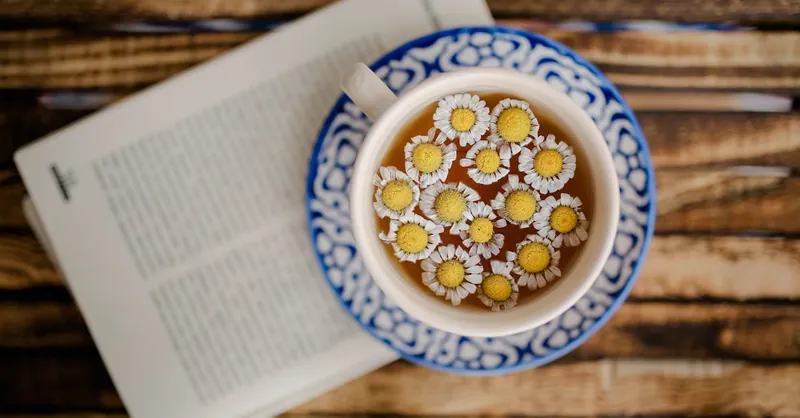
Image courtesy of Melike B
Criteria for Choosing the Best Books: What Makes a Minimalism Book Valuable?
When selecting the best books on minimalism and simple living, it’s crucial to identify resources that balance practicality, philosophy, and inspiration—the three pillars that turn theoretical knowledge into actionable, life-enhancing change. A valuable minimalism book should not only explain the principles behind decluttering and intentional living but also provide clear strategies and motivation to implement these ideas effectively.
-
Practicality: Look for books that offer concrete steps, real-life examples, and adaptable techniques for simplifying your possessions, schedule, and mindset. Practical guidance ensures you have tools to reduce overwhelm, manage daily choices, and maintain minimalism sustainably without feeling discouraged by abstract concepts.
-
Philosophical Depth: Minimalism thrives on understanding why simplicity matters beyond aesthetics or trends. Books with philosophical insight explore the deeper psychological, cultural, and ethical reasons behind living with less. This dimension cultivates awareness, intentionality, and meaningful connection to your simplified lifestyle.
-
Inspirational Impact: Changing habits and perspectives requires ongoing motivation. The best minimalism books inspire through authentic stories, encouraging reflections, and a vision of the freedom and fulfillment that comes with simple living. Inspiration fuels persistence and helps readers embrace minimalism as a positive, empowering journey rather than a restrictive chore.
By combining these elements, minimalism books become valuable companions on your path to clarity, focus, and balance. When exploring titles, prioritize those that integrate theory with actionable advice and that resonate emotionally—this synergy is what transforms reading into real life transformation.
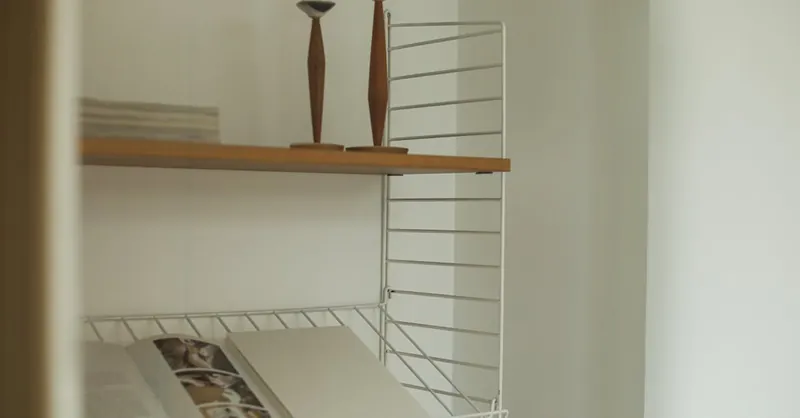
Image courtesy of Cup of Couple
Top Classic Books on Minimalism
When exploring the foundations of minimalism and simple living, certain classic books stand out as pillars that have shaped the movement and inspired millions worldwide. These timeless titles not only offer practical advice but also deepen your understanding of minimalism’s core philosophy, making them essential reads on your journey to a clutter-free, intentional life.
The Life-Changing Magic of Tidying Up by Marie Kondo
Arguably the most influential book on decluttering, Marie Kondo’s bestseller revolutionized how people approach tidying. The KonMari Method encourages retaining only those possessions that "spark joy," transforming decluttering from a chore into a meaningful act of self-reflection. This book excels in combining practical steps with a philosophical perspective about the emotional relationship we have with our belongings. Its widespread popularity has not only helped readers simplify their homes but also inspired a broader cultural shift towards valuing quality over quantity.
Goodbye, Things by Fumio Sasaki
Fumio Sasaki’s Goodbye, Things offers a raw and relatable perspective on minimalism from a personal conversion story. Unlike traditional decluttering guides, Sasaki emphasizes the psychological freedom that arises from letting go of excess possessions and societal expectations. His straightforward writing reveals how simplicity enhances mental clarity and happiness. The book stands out by addressing not just external clutter but internal barriers, making it a powerful resource for those seeking profound lifestyle transformation through minimalism.
These classics have laid the groundwork for modern minimalism, blending inspirational narratives with clear, actionable advice. Incorporating their wisdom into your reading list ensures a strong foundation and a balanced perspective between external order and internal well-being.
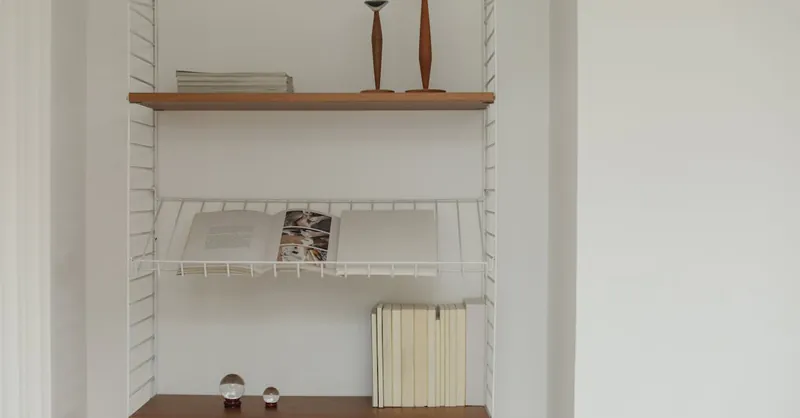
Image courtesy of Cup of Couple
Books on Mindful and Intentional Living
Embracing minimalism extends far beyond physical decluttering; it invites a profound shift toward mindful and intentional living—an approach centered on conscious decision-making, mental clarity, and purposeful presence. The best books in this category highlight the importance of cultivating awareness in everyday choices, helping readers to declutter their minds as much as their surroundings. These works explore how mental and emotional simplification fosters greater happiness, focus, and resilience in a world saturated with distractions.
Key themes in mindful and intentional living literature include:
- Conscious Consumption: Learning to evaluate what truly adds value to life rather than accumulating out of habit or societal pressure.
- Mental Decluttering: Techniques to reduce cognitive overload, minimize anxiety, and improve emotional well-being.
- Present-Moment Awareness: Practices such as meditation and journaling that enhance mindfulness, helping to root minimalism in day-to-day experience.
- Purposeful Prioritization: Strategies for aligning your actions and possessions with your core values and long-term goals.
By reading books that delve into these aspects, you gain not only practical tools but also the philosophical grounding necessary to sustain simpler living as a fulfilling lifestyle. These texts inspire an introspective journey, often blending psychology, spirituality, and actionable advice that empowers you to live with clarity and intentionality at every level.
In the following recommendations, you will discover authors who expertly bridge the gap between minimalism as a physical practice and minimalism as a mindful lifestyle—equipping you to create mental space, foster gratitude, and make deliberate choices that resonate deeply with who you truly are.
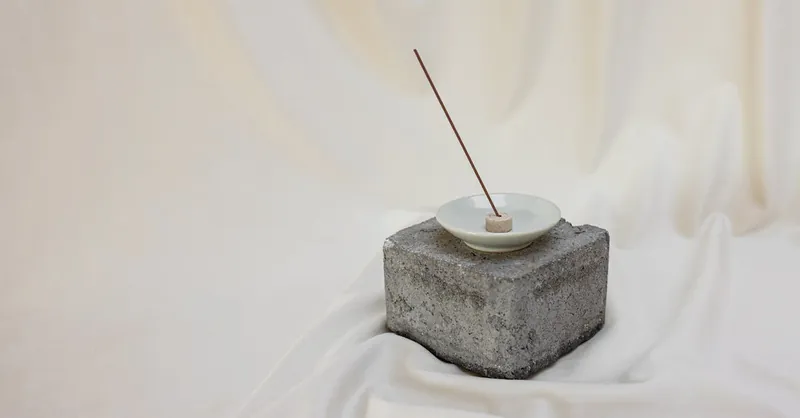
Image courtesy of Cup of Couple
Financial Minimalism and Simple Living: Key Reads for Intentional Spending and Financial Freedom
Achieving true minimalism goes hand in hand with cultivating financial freedom and practicing intentional spending. Financial minimalism strips away the complexity and stress surrounding money management by emphasizing clarity, purpose, and mindful resource allocation. Instead of falling prey to consumer culture’s endless cycle of acquisition, this approach empowers you to align your spending habits with your values and long-term goals. Embracing financial minimalism not only reduces monetary clutter but also creates space for what truly matters—whether that’s experiences, relationships, or personal growth.
The best books on financial minimalism offer practical frameworks for budgeting, saving, and investing without overwhelming jargon or restrictive austerity. They provide strategies to reassess your relationship with money, identify unnecessary expenses, and adopt deliberate choices that foster lasting financial health and peace of mind. Whether you’re looking to pay off debt, build savings, or simply simplify your financial life, these resources combine actionable advice with inspiring philosophies that make money management accessible, empowering, and aligned with minimalist principles.
Look for books that emphasize:
- Intentionality in Spending: Differentiating needs from wants based on your personal values.
- Simplicity in Financial Systems: Creating straightforward, sustainable budgets and saving plans.
- Mindset Shifts: Overcoming consumerism and embracing contentment with less.
- Long-Term Financial Wellness: Planning for the future with minimal stress and complexity.
Incorporating these teachings into your minimalism journey will deepen your overall simplicity and enhance your ability to live intentionally not just physically and mentally, but financially as well.
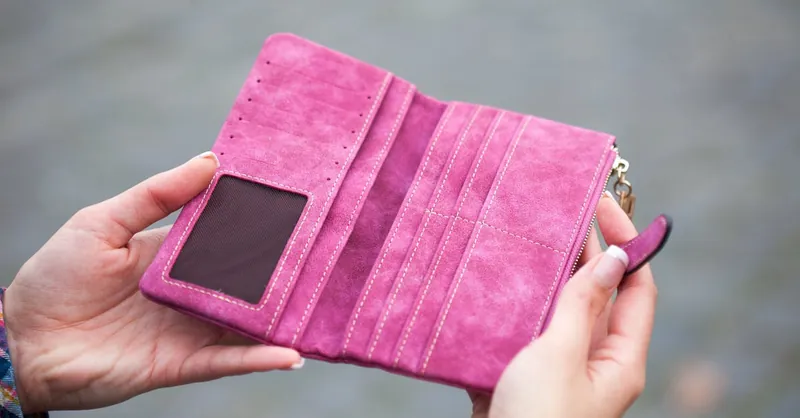
Image courtesy of Robert Bogdan
Minimalism for Families and Home Organization: Simplifying Shared Spaces and Family Life
Adopting minimalism within a family setting involves more than just decluttering; it requires cultivating a shared mindset that values simplicity, intentional living, and harmonious organization. Books focused on minimalism for families address the unique challenges of managing shared spaces, diverse needs, and varied schedules while fostering a calm, clutter-free home environment. These resources provide practical strategies for reducing physical and mental chaos in busy households, promoting cooperation among family members, and creating routines that support simplicity without sacrificing comfort or connection.
Key topics covered in minimalism and home organization books for families include:
- Collaborative Decluttering: Techniques for involving all family members, including children, in thoughtful decluttering processes that respect everyone’s belongings and preferences.
- Streamlined Daily Routines: Designing simple, repeatable habits that reduce decision fatigue and enhance smooth household functioning.
- Multi-Functional Spaces: Tips for organizing and optimizing shared areas to accommodate different activities without excess clutter.
- Mindful Consumption and Toy Management: Approaches to preventing overwhelm from toys, clothes, and family possessions through intentional purchasing and effective storage solutions.
- Emotional Simplicity: Encouraging open communication and reducing stress by aligning family values around minimalism and mutual respect.
By integrating the insights from these specialized books into your family life, you’ll cultivate an environment where minimalism supports not only physical order but also emotional well-being and stronger relationships. This holistic approach helps families thrive through intentional simplicity, making shared living a source of joy rather than stress.

Image courtesy of Blue Bird
Practical Guides and Workbooks: Hands-On Books for Adopting Minimalism
For those ready to move beyond theory and inspiration, practical guides and workbooks offer invaluable, hands-on approaches to adopting minimalism and simple living. These books stand out by providing step-by-step processes, daily challenges, and journaling prompts designed to actively engage you in decluttering your life—physically, mentally, and emotionally. Unlike traditional reading material, these resources function as interactive companions that help transform abstract minimalism concepts into tangible actions.
What makes practical minimalism guides essential is their focus on structured implementation and sustained habit development. Many feature:
- Clear, actionable steps that break down overwhelming tasks into manageable milestones.
- Worksheets and exercises to self-assess your values, consumption patterns, and priorities.
- Challenges and prompts that encourage reflection and motivate continual progress.
- Goal-setting frameworks that align minimalist principles with your unique lifestyle and intentions.
- Tips for overcoming common obstacles like sentimental attachment, decision fatigue, and relapse into clutter.
By utilizing these interactive workbooks, you cultivate discipline and awareness essential for creating lasting change. Their practical orientation ensures that minimalism becomes not just an ideal but an integrated, daily practice. Whether you prefer guided journaling, weekly challenges, or checklists, these books empower you to simplify deliberately and live intentionally with ongoing momentum and clarity. Incorporating such resources into your reading list bridges the gap between inspiration and real-life application—making your minimalism journey structured, measurable, and deeply rewarding.
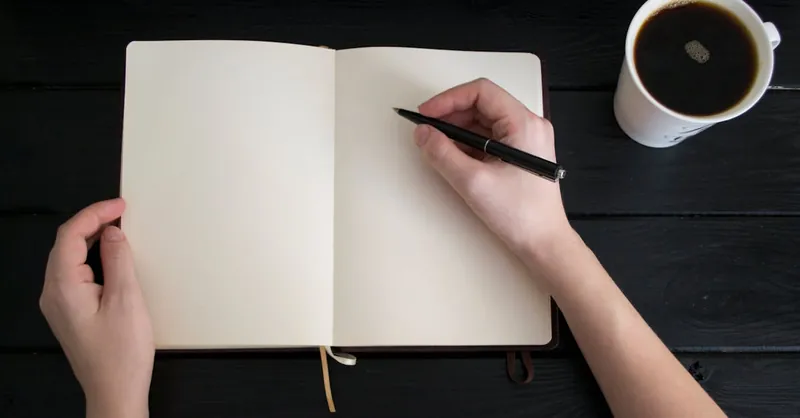
Image courtesy of Maria Mileta
Philosophical and Ethical Perspectives: Delving Deeper into the Spiritual Dimensions of Simple Living
Beyond practical tips and lifestyle hacks, the philosophy of minimalism taps into profound spiritual and ethical questions about what it means to live well with less. Books exploring these dimensions emphasize simplicity not merely as a lifestyle choice, but as a pathway to cultivating virtues such as contentment, gratitude, and compassion. They invite readers to reflect on how consumption patterns affect not only personal well-being but also broader social and environmental systems.
These titles often challenge conventional cultural values centered around materialism, prompting deeper inquiry into the ethical implications of overconsumption and the roots of human happiness. Key themes include:
- Interconnection and Sustainability: How living simply honors the planet and future generations by minimizing waste and ecological impact.
- Spiritual Fulfillment: Approaching minimalism as a practice of inner clarity, detachment, and presence, rooted in traditions like Buddhism, Stoicism, or Quaker simplicity.
- Moral Responsibility: Recognizing the ethical weight of choices—what and how much we consume affects not just ourselves but communities globally.
- The Quest for Meaning: Reframing happiness away from external possessions toward internal peace and authentic relationships.
By engaging with philosophical and ethical perspectives, you deepen your minimalism journey beyond aesthetics or efficiency. These books inspire you to embrace simple living as an act of conscious stewardship, fostering a richer, more sustainable, and spiritually grounded way of life. Integrating their wisdom encourages a fuller awakening to the true value of less—one that nourishes the soul and aligns your lifestyle with core ethical and spiritual principles.
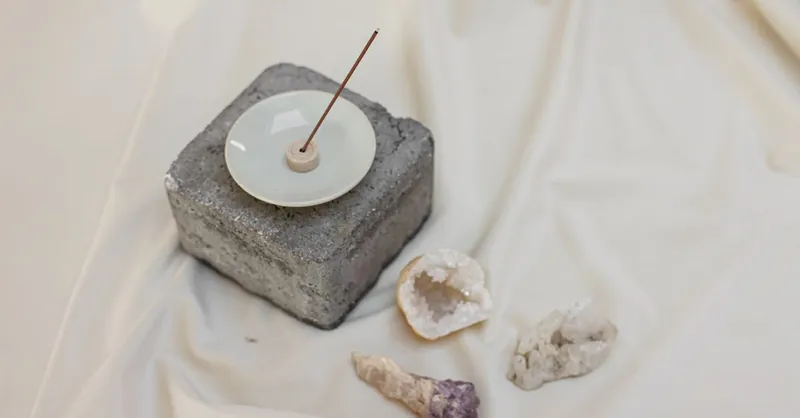
Image courtesy of Cup of Couple
Recent Must-Reads and Modern Perspectives: Minimalism in the Digital Age
As minimalism continues to evolve, recent books have emerged that specifically address the challenges and opportunities of simplicity in the modern, digitally connected world. Unlike earlier works focused primarily on physical decluttering and traditional consumer habits, these contemporary perspectives confront the unique complexity of managing digital clutter, information overload, and the pervasive influence of technology on our time and attention.
Modern minimalism books emphasize strategies for:
- Digital Decluttering – Streamlining devices, apps, and online habits to reduce distractions and reclaim mental space in an era dominated by social media and constant notifications.
- Tech-Life Balance – Cultivating intentional technology use that supports wellbeing instead of fostering dependency or burnout.
- Simplifying Modern Lifestyles – Navigating fast-paced schedules and multi-dimensional roles while maintaining core minimalist values of focus, calm, and purpose.
- Sustainable and Ethical Consumption – Adapting minimalism principles to today’s globalized market, encouraging mindful choices around fast fashion, digital consumerism, and eco-consciousness.
- Mental Health and Mindfulness – Addressing anxiety and overwhelm linked to digital saturation through mindfulness, intentional disconnection, and creating healthy boundaries.
By integrating these topics, recent must-read minimalism books provide actionable insights tailored to the realities of 21st-century living. They resonate deeply with readers seeking to harmonize simplicity not only in their physical spaces but also within their digital environments and emotional landscapes. These works are indispensable for anyone wanting to thrive amidst modern complexities while staying true to the essence of minimalist philosophy: focusing on what truly matters.
Adding these modern perspectives to your reading list ensures your minimalism journey remains relevant, effective, and sustainable in today’s fast-changing world.
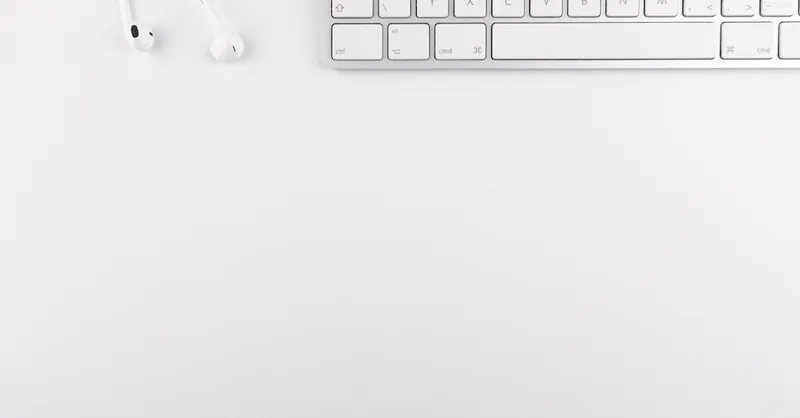
Image courtesy of Lukas
How to Start Your Minimalism Reading Journey: Selecting the Right Book and Applying Its Lessons
Beginning your minimalism reading journey can feel both exciting and overwhelming, especially given the variety of books available. To choose the most suitable book for your current stage, it’s crucial to assess where you are in your personal journey toward simplicity. Are you just starting to declutter your physical space? Or are you seeking to deepen your mindset with intentional living and mindful habits? Identifying your needs helps prioritize books that align with your goals, whether they lean more toward practical guides, philosophical insights, or digital minimalism.
Here are some tips for selecting the right minimalism book based on your individual stage:
- Beginners: Start with approachable classics like The Life-Changing Magic of Tidying Up by Marie Kondo to build foundational skills and tangible decluttering methods.
- Mindfulness Seekers: Choose titles focused on intentional living and mental clarity to cultivate present-moment awareness and purposeful decision-making.
- Financial Simplifiers: Opt for books emphasizing financial minimalism and budget simplification to align spending habits with your values.
- Experienced Minimalists: Explore philosophical or digital minimalism works to expand your understanding and adapt practices for modern challenges.
Once you’ve selected a book, the real transformation comes from integrating its teachings into your daily life. Simply reading is rarely enough; instead, actively engage by:
- Taking notes or journaling reflections to deepen comprehension and track progress.
- Experimenting with suggested exercises, challenges, or routines to translate theory into practice.
- Setting realistic, incremental goals that fit your lifestyle to avoid overwhelm and ensure sustainability.
- Revisiting key chapters or concepts periodically to reinforce learning and inspiration.
By approaching your reading journey with intentionality, you harness books as powerful tools—not just for knowledge acquisition but for meaningful, lasting change. Combining thoughtful selection with deliberate application transforms minimalism from an abstract ideal into a practical, fulfilling way of life.
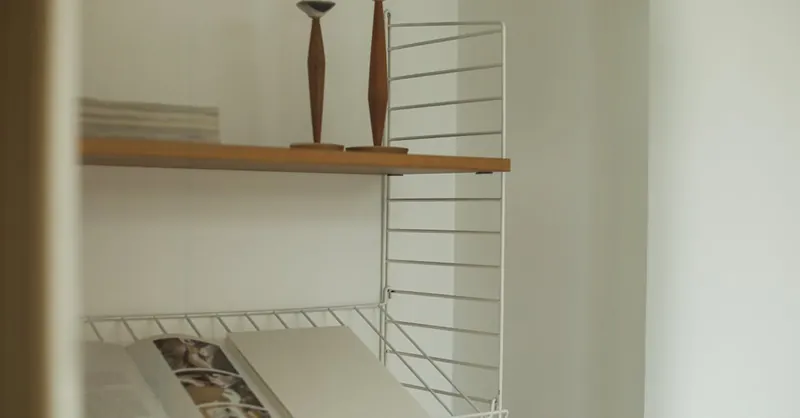
Image courtesy of Cup of Couple
